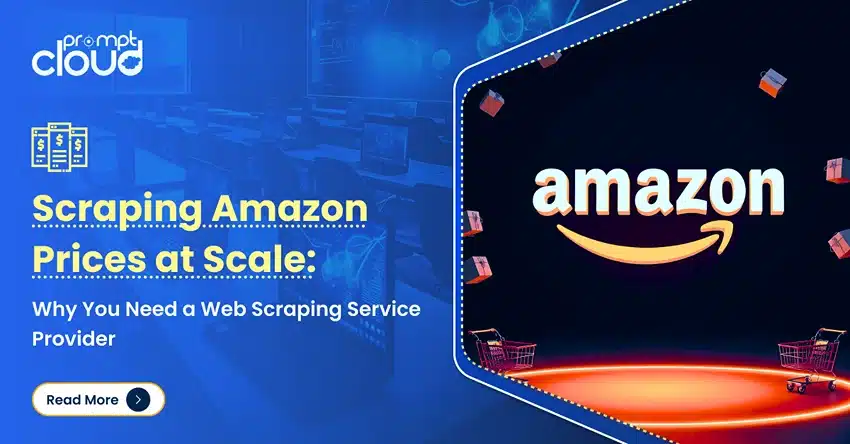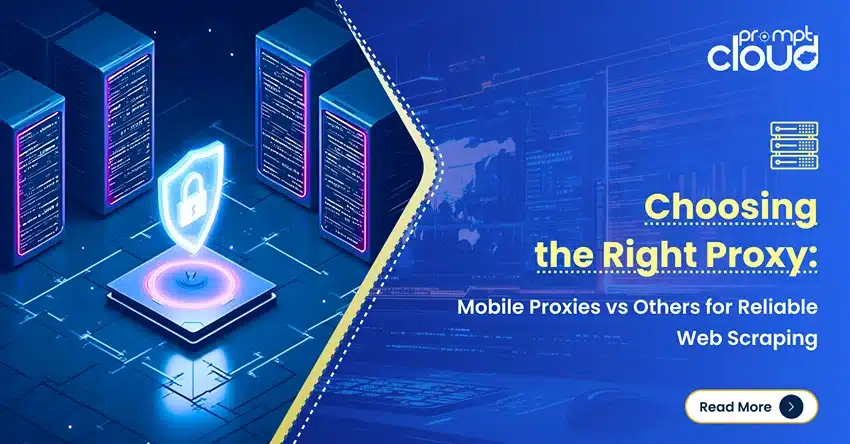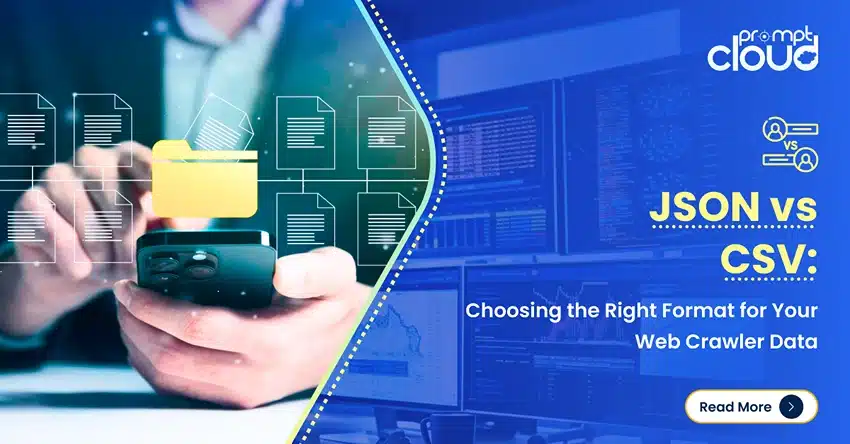
As more insurance consumers move online to interact, compare products and prices, and make purchases, the volume of available data is increasing exponentially. Even more significantly, powerful new analytics technology enables insurers to use that data in ways they had not previously considered. However, many insurers face organizational challenges to becoming data-driven companies. Others are waiting for business opportunities to emerge before enhancing their analytics capabilities. As a consequence, insurers have lagged behind other industries in their investment in and adoption of analytics. Let’s learn more about insurance data solutions.
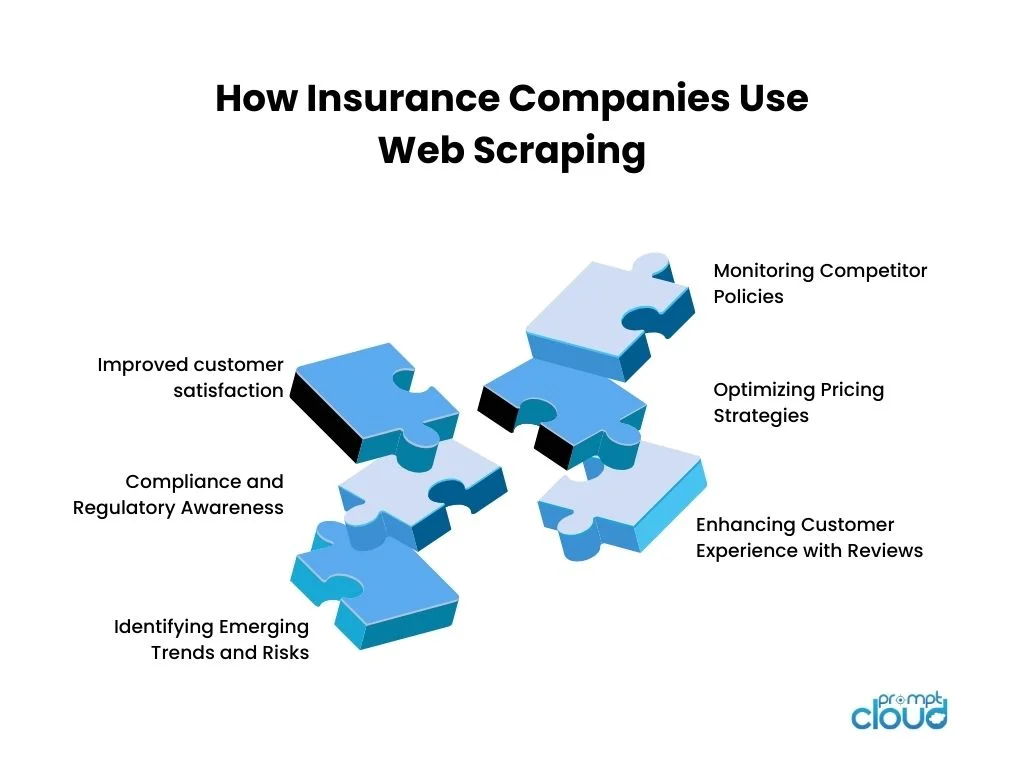
As first movers among insurers create new business models and seek to harness the potential of their data, those that wait will be at a significant competitive disadvantage. To become a data-driven insurance organization, firms must rethink their approach to building and managing data and analytics assets and develop distinctive go-to-market capabilities that allow them to offer clients data-centric solutions.
The exploding volume of data available to insurance carriers is giving rise to new business models, revenue streams, and enormous opportunities to increase value. Embarking on the journey to monetize data requires insurers to rethink their approach to building and managing data and analytics assets and to develop distinctive go-to-market capabilities to bring new data-centric offerings to their clients. Executives that can manage investments in analytics while identifying new business lines can capture significant rewards.
How Big Data is Transforming the Insurance Industry?
Big data has revolutionized the insurance sector, improving customer experiences, risk assessment, operations, and fraud detection. Insurers use big data analytics to gather and analyze structured and unstructured data from various sources, enabling more accurate risk pricing and personalized offerings. By understanding customer behavior patterns, insurers can offer tailored policies and marketing campaigns, enhancing customer relationships and retention. Big data plays a crucial role in fraud detection, identifying suspicious patterns for quicker investigations and reduced losses.
Predictive analytics enables better customer service by anticipating needs and providing proactive support. It streamlines claims processing, improving response times and customer satisfaction. Additionally, big data predicts future trends, optimizing insurance processes and reducing operational costs. In health and life insurance, it monitors and analyzes customer health data, leading to personalized plans and healthier lifestyles. Reinsurance companies also benefit from big data, accurately assessing risks for long-term sustainability. Overall, big data continues to transform the insurance industry, empowering companies with valuable insights and driving innovation.
What is Web Scraping? Everything You Need to Know
At the micro-level, web scraping is simply the act of collecting data from the internet in any form. However, web scraping at the macro-level allows you to collect data in large volumes by using bots. The bots, called “crawlers” or “spiders,” parse through the source code of a given web page and tag data according to some preset parameters. Then a data extractor collects the tagged data and extracts it into a spreadsheet file. This essentially is how web scraping works.
Web scraping in insurance means you can extract bulk data accessible on the internet to aid your company’s proposal forms, underwriting decisions, and claims appraisal. You can use it to implement real-time data analytics and track changes in lifestyle or newsworthy events that could lead to a boom in insurance needs. You can also make smart moves with the information you crawl data from insurance companies’ websites as a consumer.
Top Applications of Web Scraping in the Insurance Industry
There are so many ways you can benefit from implementing insurance data solutions into your operations. For now, let us take a look at four vital applications of big data in the insurance industry.
1. Competitor monitoring
Insurance companies need to extract big data to access the variety of coverage plans within the field. If you work for such a company, scraping could help you know how to develop better strategies than your competitors. That way, you will have the edge over them and win clients over to your company.
2. Underwriting decisions
Underwriting is an important aspect of insurance. It is one of the foundations upon which insurance was built, and the majority of underwriting models are acquired through risk studies, customer feedback, historical data, and proposal forms. By scraping insurance data, you can predict relatively accurate underwriting, which allows you to create reasonable terms for you and your clients. Furthermore, it helps to determine better price policies and specific risks.
3. Accumulating metrics
For insurance companies, it is imperative to make metrics available to your audience on your website. Details like the percentage of claim rejections, the percentage of clients who got insurance claims, and more are required on your website by even the government. Having the metrics of the clients who successfully got their claims builds trust and loyalty in potential or new ones. Many insurance companies don’t come through when it’s time to deliver their end of the bargain, so the metrics on your website proves you’re trustworthy. As a consumer, you can scrape different insurance companies’ websites to get the best deals.
4. Health insurance analytics
Health insurance data solutions is as essential as any data sets within the insurance sector. There are hardly any hospitals that aren’t in conjunction with insurance companies. As a consumer, choosing the right health insurance company for you is a step you should handle meticulously. You can use a web scraping method to extract data from as many insurance providers as you want. Different companies cover different diseases in their contracts. If necessary, you can gather health insurance analytics on multiple companies so you will associate with the ones that match your requirements.
5. Financial analysis
Suppose you specialize in insuring companies and businesses, big or small. In that case, you need to carry out a financial analysis to determine a company’s profitability and its risk ratio before taking them on as a client. By collecting big datasets from platforms like Yahoo! Finance, you can track your clients’ finances and that of potential clients. Keeping an eye on the finances of your clients is essential when insuring big companies. A company that is prone to losing money can be a liability to you as an insurer.
Why Choose PromptCloud for Insurance Data Solutions?
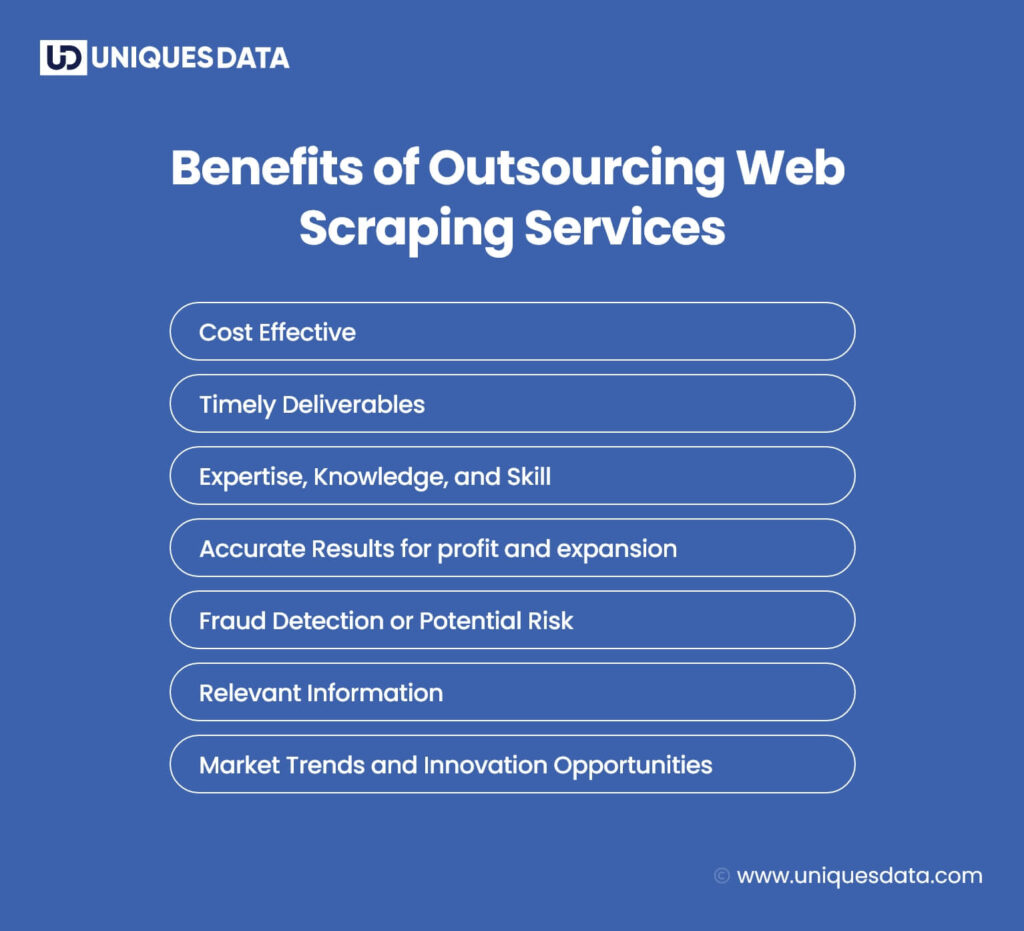
Source: https://www.uniquesdata.com/
Efficient data extraction is pivotal in insurance for accurate risk assessment, streamlined claims processing, and enhanced customer service. Manual methods are prone to errors and inefficiencies, while automation offers speed and accuracy. It ultimately benefits both insurers and policyholders.
Embracing advanced tools and practices is crucial for staying competitive in the industry. If you are looking for a solution to enhance your data extraction process.PromptCloud leverages AI and ML technologies to streamline data extraction, enhance accuracy, and ensure compliance. Its robust features cater perfectly to the complex needs of insurance operations.










